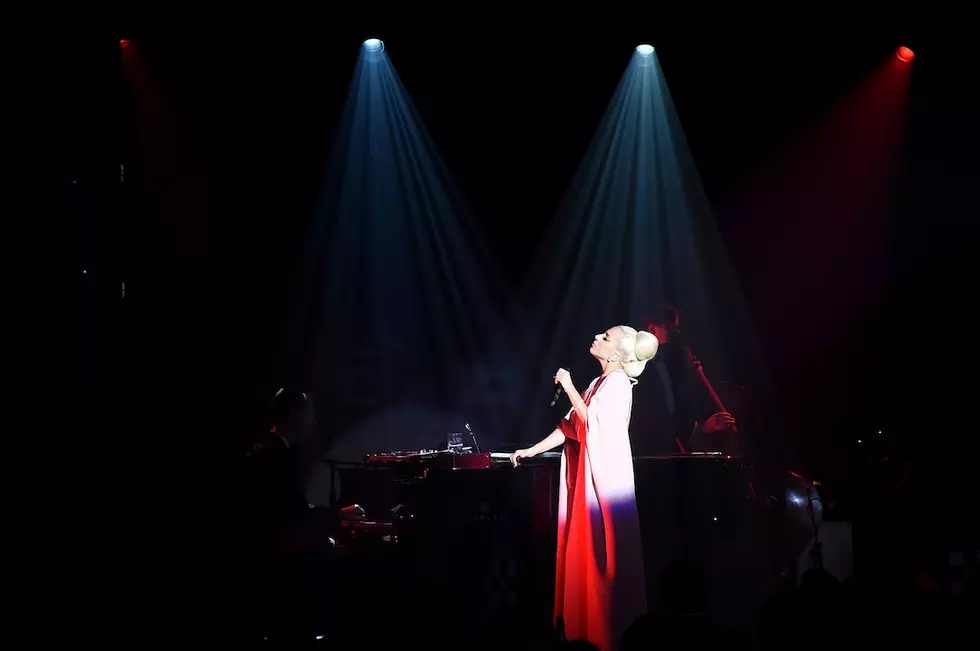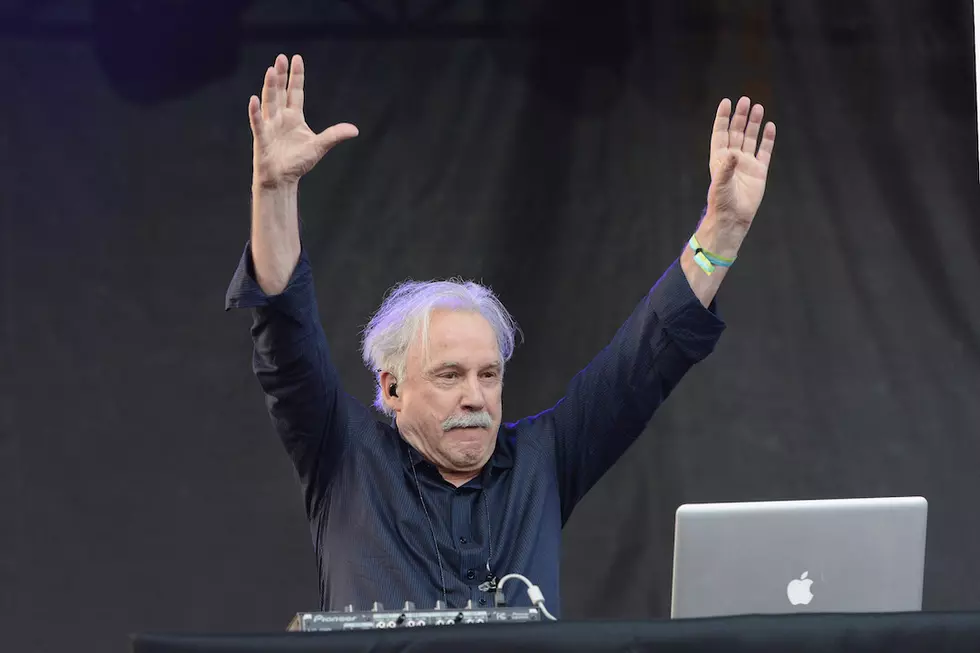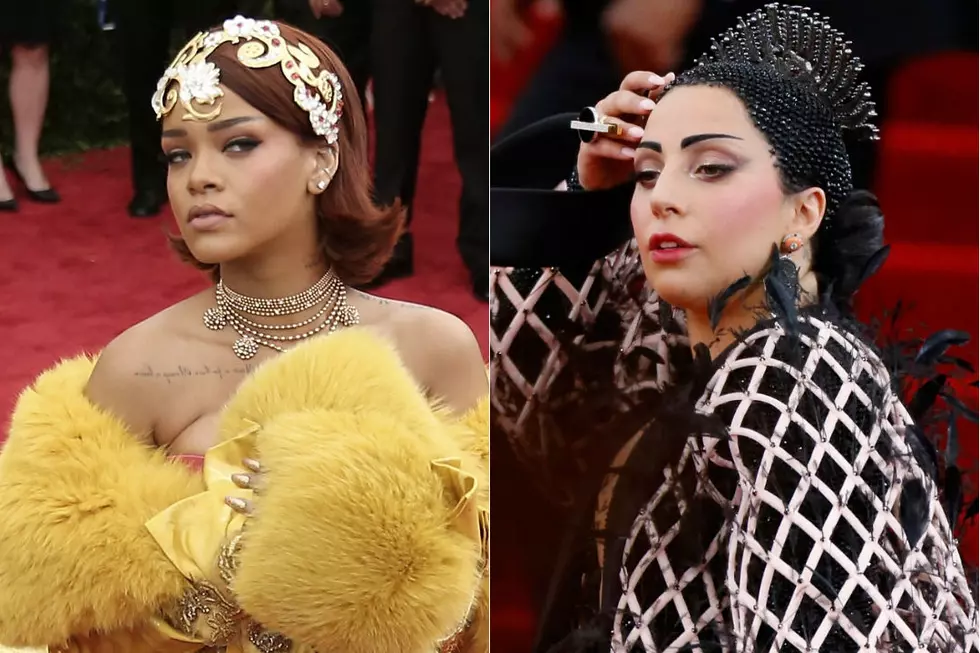
The Enduring Legacy of Donna Summer’s ‘I Feel Love’
It was 1977 when now-legendary electronic producer Giorgio Moroder, the man who heard “the sound of the future” in the synthesizer’s fuzzed-out electronic flourish, teamed up with disco goddess Donna Summer for what would become one of the greatest dance tracks of all time.
When “I Feel Love” was put out into the world––in all it’s eight minute, snare-thumping, synth-chugging glory––it was immediately put on rotation at all the high energy discos of the day, and in clubs worldwide. But this was so much more than any other disco hit.
Summer’s powerful vocals were edited into an ethereal, dreamy haze. Set against the unstoppable backdrop of the beat Moroder created using only a sixteen-track track tape recorder, a click track and a sequencer, the track became a hypnotic tribute to the discotheque, to night life, to the freedom of losing yourself on the dance floor. David Bowie himself, who was recording his Berlin trilogy when the song was released, recalled in the liner notes of his Sound + Vision box set the moment that producer Brian Eno played him the single for the first time:
"One day in Berlin ... Eno came running in and said, "I have heard the sound of the future." ... He puts on 'I Feel Love,' by Donna Summer ... He said, 'This is it, look no further. This single is going to change the sound of club music for the next fifteen years.' Which was more or less right."
As we near the 40th anniversary of “I Feel Love," with Moroder spinning alongside veterans of the New York City club scene at a free show in Brooklyn on Thursday night (Jul. 27), it’s important to take to the dance floors keeping the song’s legacy in mind.
Summer and Moroder made history in its reverberations, in its seemingly eternal ocean of beats.
In eight minutes, on a sixteen-track tape recorder, the face of nightlife was changed for the next fifteen years — and beyond.
As we look toward a new sound of the future, let’s not forget the trailblazers.
Best Songs of '17 So Far:
More From PopCrush









